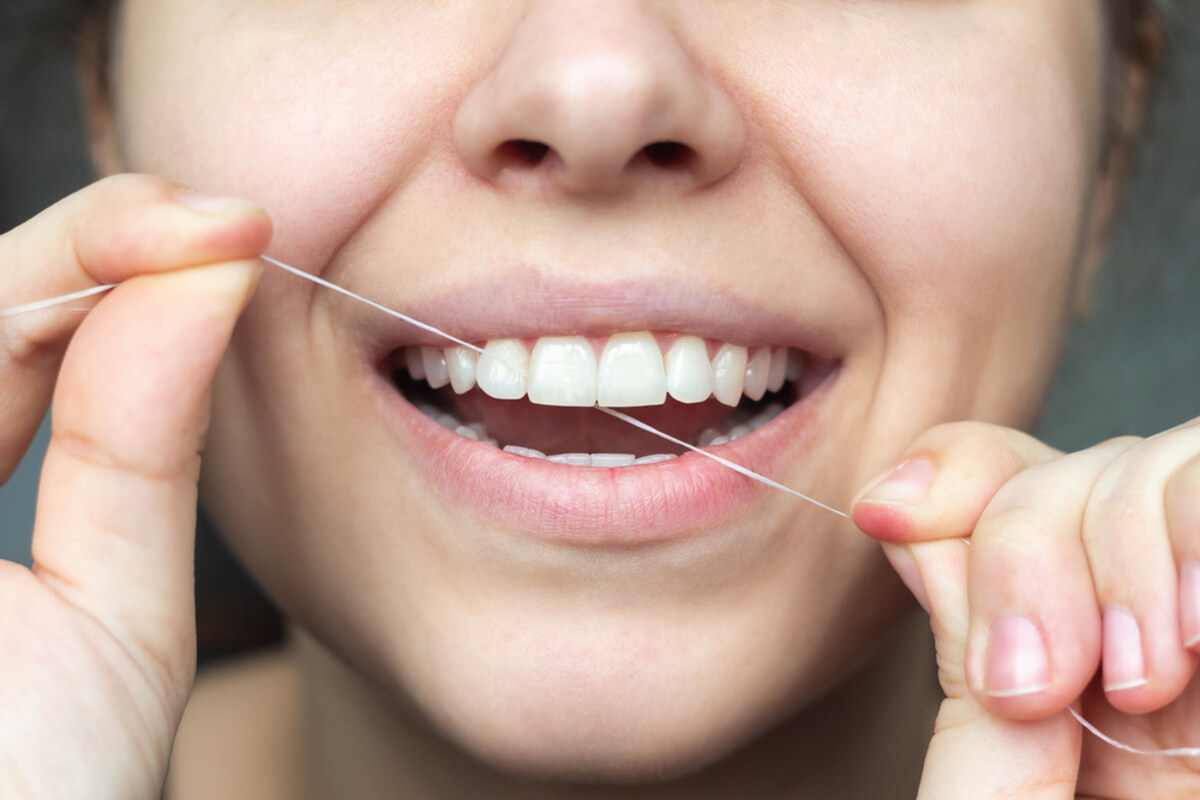Choosing the right dental floss might seem very trivial, but it is really important for good oral health. Finding the perfect floss for one’s requirement proves difficult for most people. Some are not used to flossing due to pain or uncertainty. If you have ever stood in the oral care aisle and felt completely bewildered, you are certainly not alone. There will always be a dentist near you who says that flossing is a personal matter and there is no universal pattern.
However, through careful research and some helpful pointers, anyone can choose the right type of floss for their particular dental needs.
Why Is Dental Floss Important?
The best dental floss can reach areas that cannot be reached with a toothbrush. It will be able to remove plaque and food particles from between the teeth and below the gum line.
If you don’t floss regularly, it will lead to the buildup of plaque, which will increase the chances of cavities and poor gum health.
Flossing every day, usually advised by dental professionals, will prevent these from happening and keep your breath fresh.
How to Choose the Right Dental Floss
Not all floss is created equal. If you want to know how to choose the right dental floss, start by understanding your own oral health needs:
- Tight contacts between teeth: Use waxed floss for easier sliding.
- Wider spaces or gaps: Try dental tape or woven floss.
- Braces or bridges: Use floss threaders or super floss.
- Sensitivity: Soft or sponge floss is gentler on gums.
Floss that feels comfortable and fits your teeth snugly will encourage consistent use.
Types of Dental Floss Available
The market offers many types of dental floss, each designed for specific needs:
- Waxed Floss: Coated for easy gliding between tight teeth.
- Unwaxed Floss: Slightly thinner, but may fray more easily.
- Dental Tape: Flat and wide; ideal for people with more space between teeth.
- PTFE Floss: Shred-resistant and glides easily; good for tight spaces.
- Super Floss: Comes with a stiff end, spongy section, and standard floss; great for braces.
- Floss Picks: Convenient and disposable; good for those with limited dexterity.
Understanding the variety helps tailor your flossing routine to suit your specific dental profile.
Which Dental Floss Is Best?
You may be wondering, which dental floss is best? The answer depends on personal factors such as your tooth alignment, dental work, and comfort preferences.
For example:
- Patients with orthodontics benefit from super floss or floss threaders.
- Individuals with sensitive gums may prefer soft floss options.
- Those who travel frequently might find floss picks more convenient.
Consulting with a dental professional ensures that you select a floss that maximizes effectiveness without irritation.
A Quick Dental Floss Buying Guide
Here’s a quick dental floss buying guide to help you compare your options:
| Type | Best For | Pros | Cons |
| Waxed Floss | Tight spaces | Slides easily, less breakage | Slightly thicker feel |
| Unwaxed Floss | Normal spacing | Thinner, natural feel | May fray or break |
| Dental Tape | Wider gaps | Gentle, flat design | Not ideal for tight contacts |
| PTFE Floss | Tight teeth and comfort seekers | Shred-resistant, glides well | May cost more |
| Super Floss | Braces, bridges, implants | Multi-functional, thorough clean | Requires more time to use |
| Floss Picks | Convenience, kids, and dexterity issues | Easy to use and portable | Not as thorough as string floss |
What Happens If You Don’t Floss?
Skipping flossing allows plaque to stay between teeth and along the gumline. Over time, this can lead to:
- Bleeding gums (gingivitis)
- Gum disease (periodontitis)
- Tooth decay
- Persistent bad breath
By choosing the best dental floss for you, you can avoid these issues and protect your long-term oral health.
Tips for Making Flossing a Daily Habit
Consistency is more important than perfection. Here are tips to make flossing easier:
- Floss at the same time daily (after dinner or before bed).
- Use a mirror until you get used to the technique.
- Try different types until you find one that feels right.
- Store floss in a visible location to remind yourself.
Building a habit takes time, but the benefits are long-lasting.
When Should You Talk to Your Dentist About Floss?
You should consult your dentist if:
- Your gums bleed regularly when flossing.
- You have dental appliances like braces or bridges.
- You’re unsure which floss to use.
- You want help improving your flossing technique.
Wrapping Up!
Flossing is a simple step that makes a huge difference in your oral health. With so many options available today, there’s a dental floss that fits every need and lifestyle.
Clean between teeth. Smile confidently.
If you’re still unsure or have unique dental needs, a dentist in Carrollwood can guide you with personalized recommendations and demonstrate the proper flossing technique during your visit. Oral health isn’t one-size-fits-all, but with the right floss, it can feel that way.
